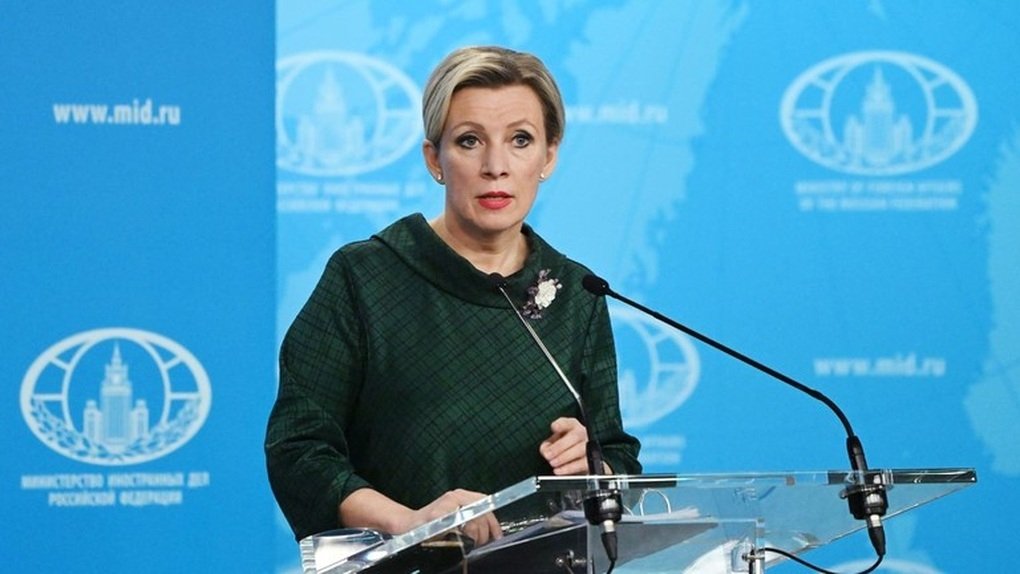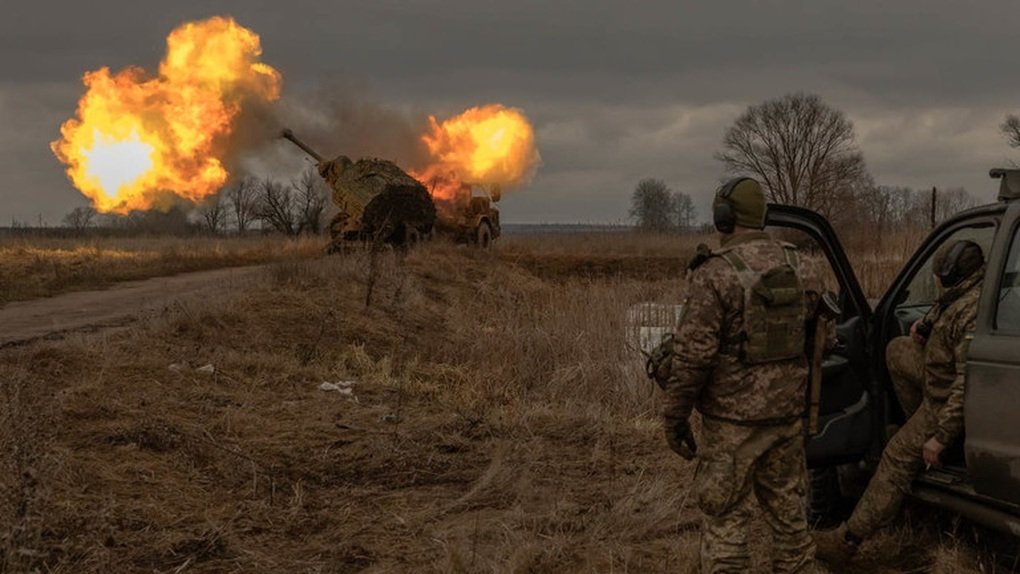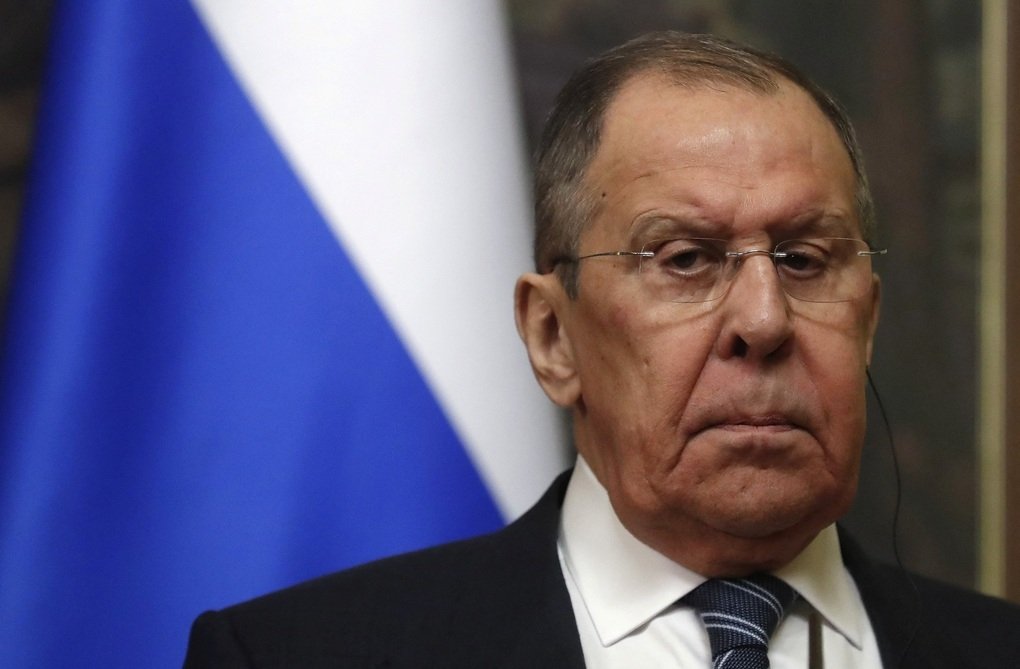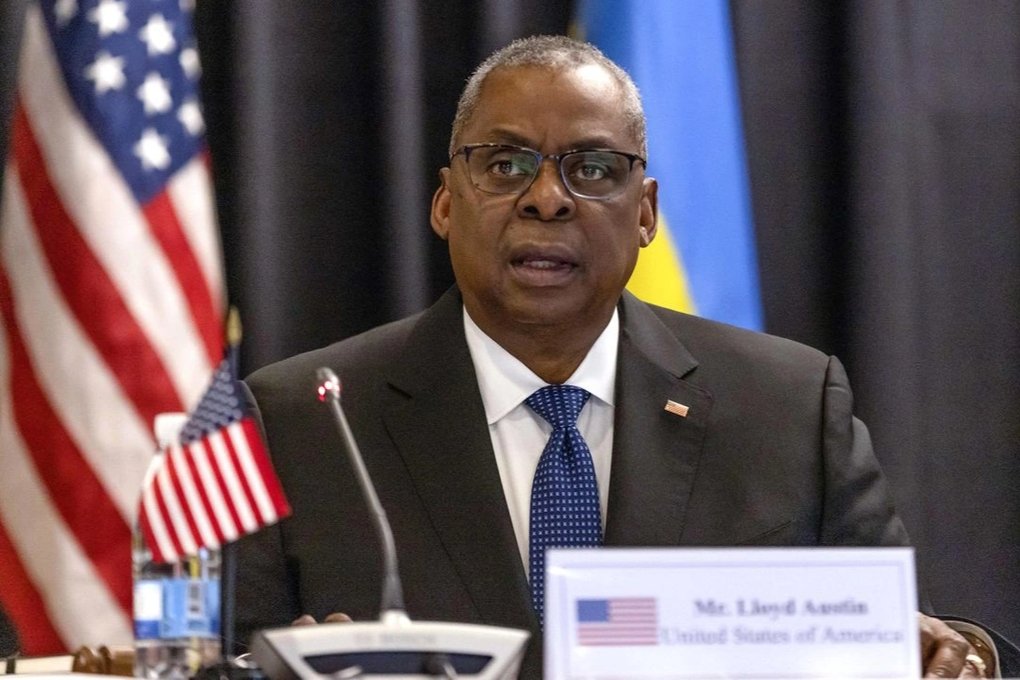(Dan Tri) – Russia declares that it will never cede any territory in exchange for frozen assets.
Russian Foreign Ministry spokeswoman Maria Zakharova (Photo: Sputnik).
`I don’t know who said what, but property cannot be exchanged for territory. Our homeland’s land is not for trade,` Russian Foreign Ministry spokeswoman Maria Zakharova declared on March 28.
Ms. Zakharova also emphasized that all Russian assets must be `preserved intact`, and warned that `any theft by the West will be responded to fiercely`.
`Many people in the West understand this. But unfortunately not everyone understands,` Ms. Zakharova added.
The statement from the Russian Foreign Ministry spokesman came after a Wall Street Journal article said Germany was considering the possibility of using Russian assets to promote peace negotiations between Russia and Ukraine.
Berlin has opposed US efforts to confiscate frozen Russian assets and use them to support Ukraine’s economic and military needs, according to the Wall Street Journal.
The Wall Street Journal said this strategy is expected to force Moscow to `cede` some territories that Kiev claims.
The European Union (EU) and other G7 countries have frozen about $300 billion in Russian central bank reserves since the start of the Ukraine conflict in 2022.
In early April, the US passed a bill allowing Washington to confiscate frozen Russian assets and transfer the proceeds to Ukraine.
According to the Wall Street Journal, Washington has long pushed its allies to confiscate Russian assets, but this move has faced resistance from some allies, especially Germany.
However, the Wall Street Journal said that the proposal to use Russian assets as a bargaining chip in future negotiations is just one of Germany’s reasons.
Berlin is facing such demands from Poland, which is demanding $1.3 trillion in compensation from 2022. Greece asked for more than $300 billion in 2019, while Italy
According to the Wall Street Journal, the German government has so far rejected those claims, arguing that `international law prohibits individuals from bringing claims against states in foreign courts and on state property.`



